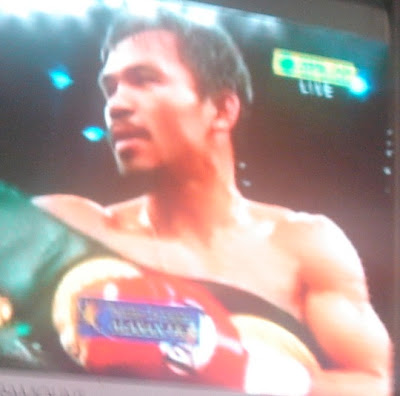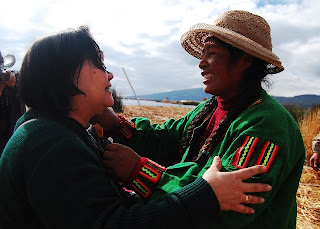
Indonesia takes center stage in international public relations early next year when it hosts an IPRA (International Public Relations Association) International Conference Feb. 2-4, in Jakarta.
Theme will be Global Reach International Leadership.
What will make the Jakarta Conference doubly significant for Indonesia is that it will coincide with the assumption into office of one of her own, Dr. Elizabeth Goenawan Ananto, a prominent academician and active IPRA leader for many years, as President of IPRA for 2010.
The conference will look into how PR can help restore trust in institutions and its strategic importance in helping governments and the private sector in overcoming the global economic crisis.
PR practitioners in Asia have a unique perspective in relating to this challenge, faced as their Clients and their environments have been with threats to economic stability, posed by global and domestic conditions, and weakening trust in many established institutions.
Another topic that should be of particular interest to Filipino PR practitioners is Corporate Social Responsibility: Global Application.
Among speakers will be the international PR gurus and scholars, Dr. James E. Grunig and Dr. Larissa Grunig; Robert W. Grupp, 2008 President, IPRA; Richard Linning, 2011 President, IPRA; Paul Holmes, Chairman, Holmes PR Report; Ahmad Fuad Afhdai, IPRA National Chair, Indonesia; Prema Sagar, Founder-President, Genesis Burson Marsteller, India, and IPRA Past Presidents Loula Zaklama (Egypt) and Roger Hayes (U.K.).
Dr. Elizabeth is particularly eager to have her fellow practitioners from Asia, including the Philippines, to come to Jakarta for this Conference.
Following Jakarta will be IPRA's XIX World Public Relations Congress, to be held in Lima, Peru, June 1-3 2010.




















